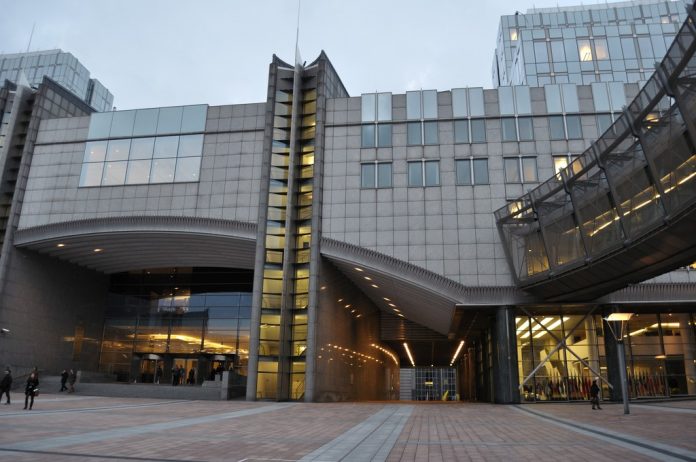The European Parliament should provide key documents in talks between legislators and EU countries on demand, Europe’s second-highest court ruled on March 22.
“The European Parliament must in principle grant access, on specific request, to documents relating to ongoing trilogues. The work of the trilogues constitutes a decisive stage in the legislative process,” said the General Court.
As reported by the Reuters news agency, trilogues are informal meetings between the European Parliament, the European Commission which is the EU executive, and the European Council which is made up of the leaders of the 28 EU countries.
Such closed-door negotiations play a key role on critical and sensitive issues. Hundreds of trilogues take place every year and are used in 70-80% of the legislative process. Supporters say it speeds up the process for complex laws.
Critics, however, argue this type of lawmaking, shrouded in secrecy, limits democratic oversight as there is no transparency and it ultimately erodes trust in EU institutions and fuels euroskepticism.
“It is in fact rather a lack of information and debate which is capable of giving rise to doubts in the minds of citizens, not only as regards the lawfulness of an isolated act, but also as regards the legitimacy of the decision-making process as a whole,” said the judges.
The ruling is a welcome boost for European democracy, said Sophie in ‘t Veld from the liberal ALDE group at the European Parliament, the fourth-largest at the assembly. She said she had similar experiences getting access to key documents.
“Commission and Council should draw the lessons from this ruling and submit a comprehensive action plan for real transparency as soon as possible, in any case ahead of the European elections,” she said, referring to May 2019 polls.
The General Court’s ruling came after Emilio De Capitani, the former secretary of the European Parliament civil liberties committee and executive director of the Fundamental Rights European Experts Group, sued the lawmaking assembly in 2015 over access to trilogue documents concerning freedom, security and personal data protection.
“I congratulate Mr De Capitani on his initiative,” said in ‘t Veld. “I had the experience myself of litigating for access to documents for many years. But transparency cannot be the fruit only of individuals who are willing to spend many years in court, fighting the culture of secrecy of the EU institutions. Transparency must become the rule as it is vital for a mature European parliamentary democracy.”

